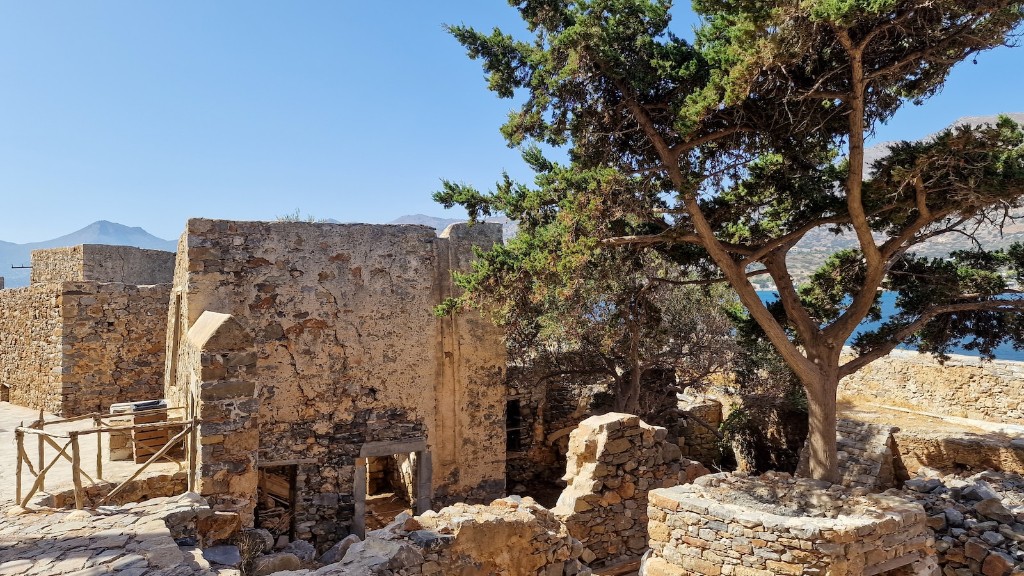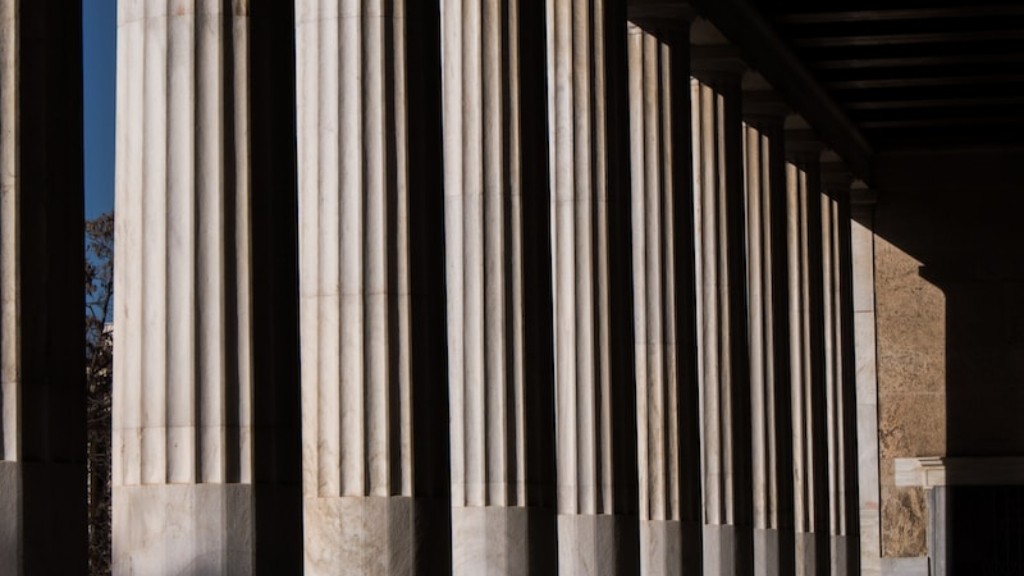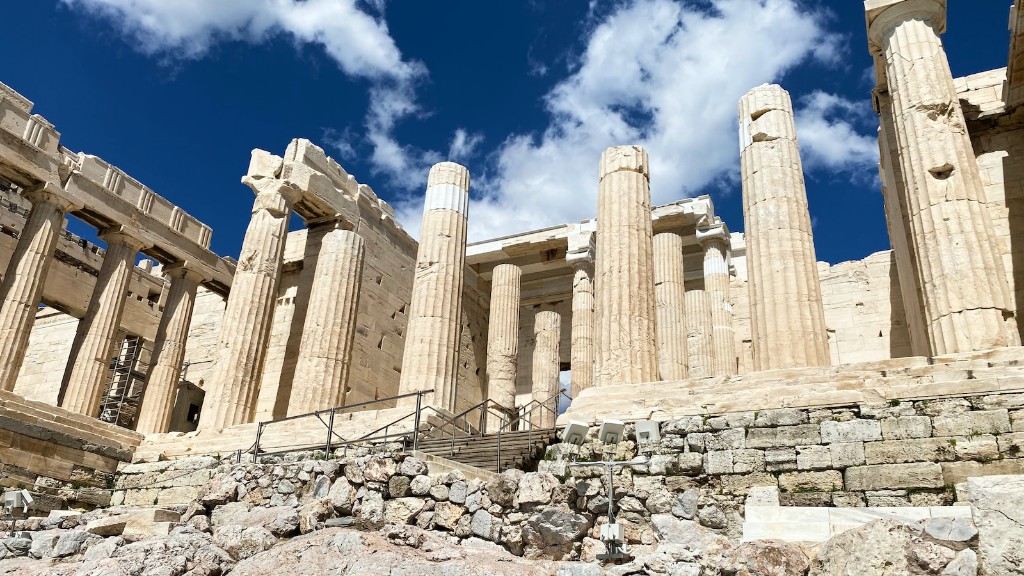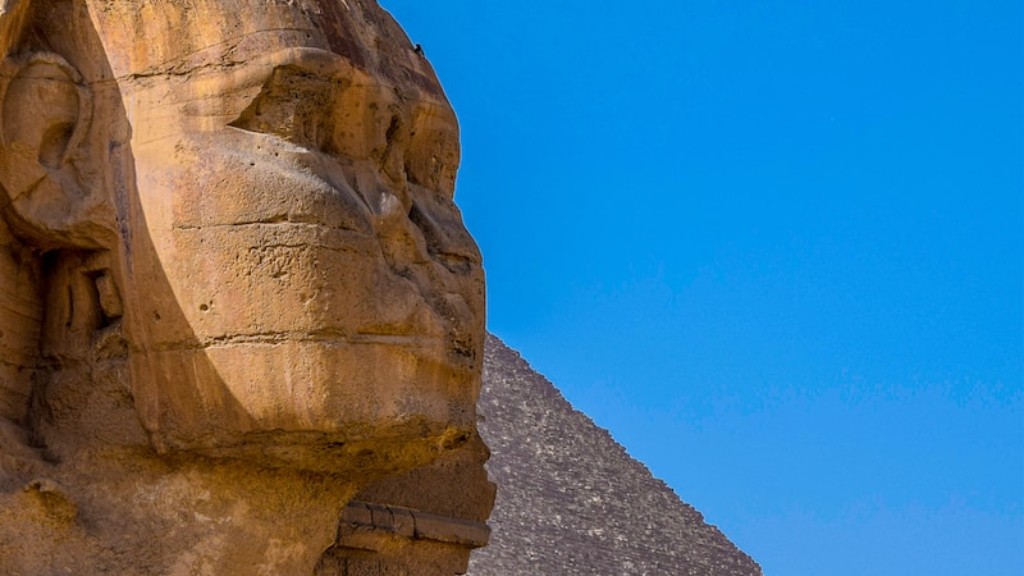The Importance of Gods in Ancient Greek Theatre
Introduction:
Ancient Greek theatre, with its roots in religious rituals and ceremonies, held a significant place in the cultural and social fabric of ancient Greece. The presence of gods and their influence on the human world played a crucial role in shaping the narratives, themes, and overall impact of these theatrical performances. This article aims to explore the central importance of gods in ancient Greek theatre, examining their portrayal, role, and impact on the audience.
1. Gods as Characters:
In ancient Greek theatre, gods were often depicted as characters directly involved in the unfolding plot. They were portrayed as distinct entities with their own unique personalities, desires, and motivations. These gods, such as Zeus, Hera, Apollo, and Dionysus, embodied both human and divine characteristics, making them relatable and captivating figures for the audience.
For instance, in the tragedy “Oedipus Rex” by Sophocles, the god Apollo plays a significant part in the tragic fate of the protagonist, Oedipus. The Oracle of Apollo predicts Oedipus’ destiny, setting in motion a series of events that ultimately lead to his downfall. Apollo’s presence in this play not only adds depth and complexity to the narrative, but also underscores the belief in divine intervention and the influence of gods on human life.
2. Gods as Catalysts:
Aside from being portrayed as characters, gods served as catalysts for the dramatic action in ancient Greek theatre. Their supernatural powers and interventions often acted as driving forces behind the conflicts and resolutions of the plot. The gods’ actions and decisions influenced the choices made by mortal characters, leading to critical turning points in the storyline.
For example, in the tragedy “Medea” by Euripides, the goddess Aphrodite plays a pivotal role in shaping the events. Inspired by her love for Jason, Aphrodite helps Medea with her magic to secure Jason’s success in the quest for the Golden Fleece. However, when Jason betrays Medea, she calls upon her divine powers to wreak revenge, ultimately resulting in the tragic climax of the play. The intervention of Aphrodite in this play not only showcases the power imbalance between gods and mortals but also highlights the consequences of human actions in relation to divine will.
3. Gods as Moral Guardians:
The gods in ancient Greek theatre often represented a moral compass for the characters and the audience. Their presence and judgments served as a reminder of the consequences for moral transgressions and hubris. The gods’ involvement acted as a moral compass, guiding characters’ decisions and imparting ethical lessons.
For instance, in Aeschylus’ trilogy “Oresteia,” the goddess Athena act as a guiding force for justice and moral righteousness. Athena intervenes in the trial of Orestes, a character plagued by guilt and inner conflict after killing his mother, Clytemnestra. Athena’s decision to acquit Orestes and establish the first democratic legal system serves as a moral lesson, underscoring the importance of justice and the gods’ role in upholding it.
4. Ritual Element and Audience Connection:
In addition to the characters and plot, the inclusion of gods in ancient Greek theatre added a ritualistic component to the performances. The presence of gods in the narrative connected the theatrical experience to religious practices, engaging the audience on a deeper level. These rituals evoked emotional responses, heightened the sense of awe, and solidified the social cohesion among the spectators.
For example, during the Dionysian festivals, where tragedies were performed, the god Dionysus was honored through theatre as a form of worship. The audience, being aware of the religious significance of the festival, connected with the performances on a spiritual level, experiencing catharsis and a sense of communion with the divine.
Conclusion:
Ancient Greek theatre relied heavily on the presence, portrayal, and influence of gods to create compelling narratives, explore moral dilemmas, and foster a deeper connection with the audience. Through their roles as characters, catalysts, moral guardians, and ritual elements, the gods enhanced the dramatic impact, imparted moral lessons, and bridged the gap between the human and divine realms. Understanding the importance of gods in ancient Greek theatre allows us to appreciate the multifaceted nature of these performances and their enduring significance in the history of theatre.



